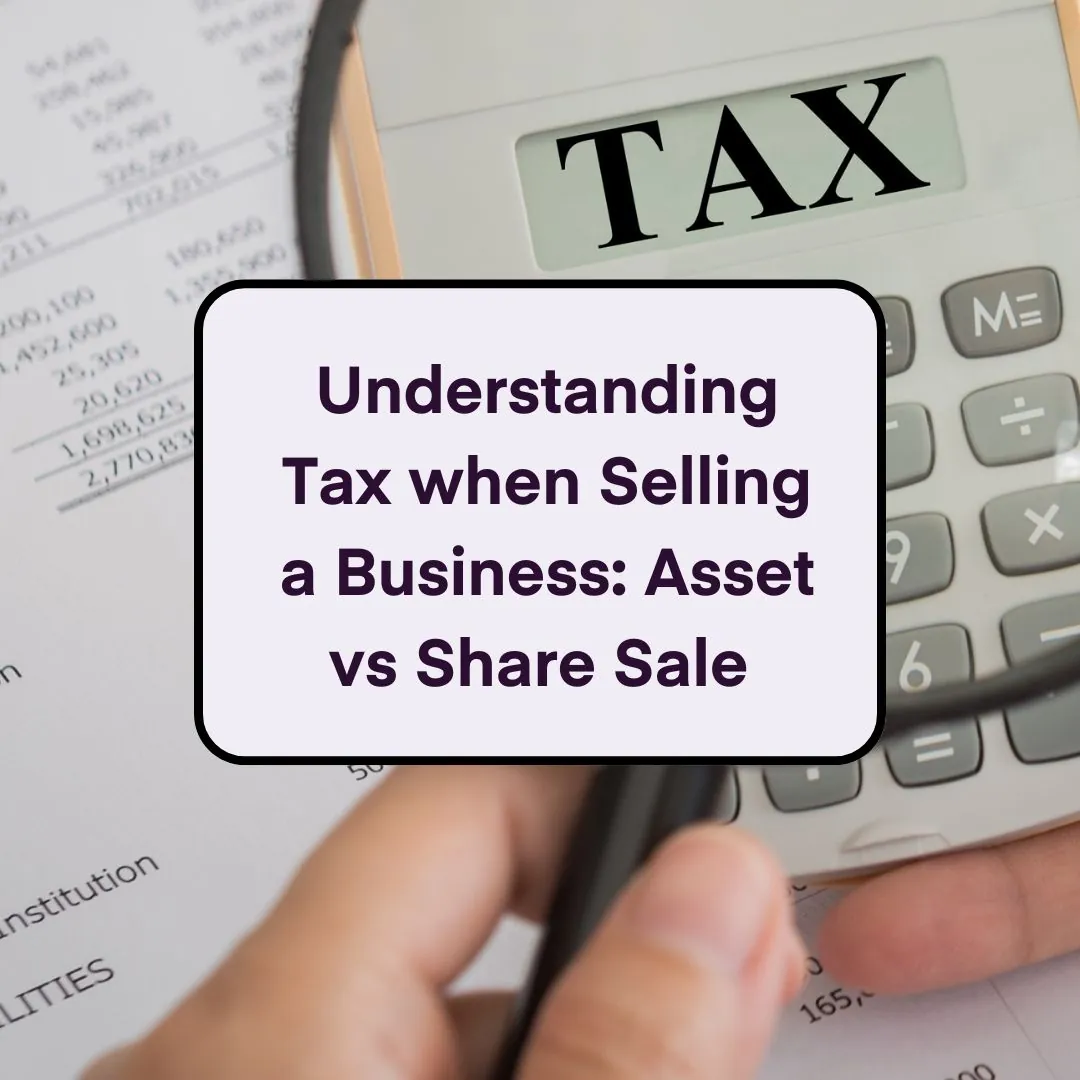
How do I know my tax bill?
14 Jul 2016How to calculate your tax bill
Calculating your tax bill at the end of your financial year can be scary, but there are easy ways to avoid the panic that comes with paying the taxman, make a plan or ensure taht you have accountants on board to provide you with regular information and updates, well in advance of your tax payment dates. Talk to us about our fixed fee services.
You wouldn’t set off on a car journey without knowing where you are going, so why would you start a business without a plan?
Plan your finances
Most people should have an estimate of how much they can earn in a year and what their general expenses will be.
If you are just starting up this may be hard to calculate but you can use market knowledge to work out average earnings in your industry and typical expenses such as broadband, bills and travel.
Once you have an idea of your earnings and expenses you can work out how much your tax liability is likely to be and therefore keep an amount aside each month from your income.
This is important whether you are paying income tax as a sole trader or corporation tax as a limited company.
You will need to make sure there is enough money left over for when the taxman comes knocking.
Know your tax rate
If you are a sole trader earning between £11,000 and £43,000 in the tax year you will be a basic rate taxpayer, meaning you pay 20 per cent tax.
Any earnings between £43,001 and £150,000 make you a higher rate taxpayer, which means paying 40 per cent tax. Anything over £150,000 pushes you into the additional rate tax band and is charged at 45 per cent.
A further band exists between £100,000 and £122,000 where due to the gradual removal of the personal allowance, the marginal tax rate is effectively 60 per cent.
There are ways to limit the amount of income tax you pay by taking more money as dividends rather than salary.
If you are operating as a limited company you would also need to set aside money to cover your income tax liability as well as for corporation tax, currently 20 per cent. You will also need to have money available if you want to pay yourself dividends.
Put money to pay your tax separate from general business money
Often the best way of ensuring you have enough money for your tax bill is to keep the relevant amount aside each time you take income.
So if you were a limited company and wanted to save money for income tax, each time you draw income from the business, keep 20 per cent in the company each time you draw funds.
For example, if you earn £1,000 each month from one contract, just take £800 so there is 20 per cent left to cover corporation tax. You would need to do the same for any other withdrawals.
You may need to keep a bit extra to cover any national insurance contributions if needed as well as to have enough to pay dividends.
There will of course be other variations such as any pension contributions or student loan deductions as well as childcare, all of which can reduce your overall corporation tax bill.





















